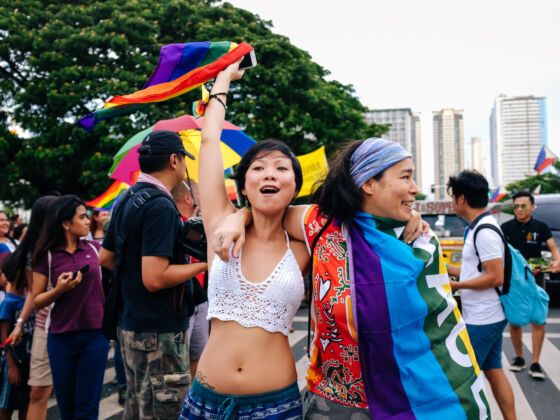We’ve been here before, and we know what to do.
The lesbian, gay, bisexual, trans, and queer (LGBTQ) community has made incredible cultural and legislative strides in the last few years, from national marriage equality in countries like the United States, Ireland, and Colombia to the passage of legal protections for sexual and gender minorities’ in Nepal’s new constitution.
